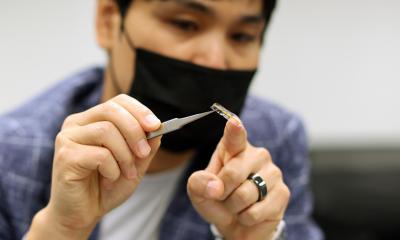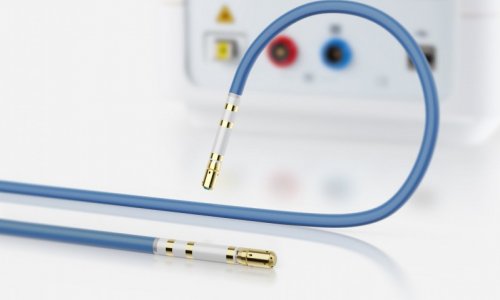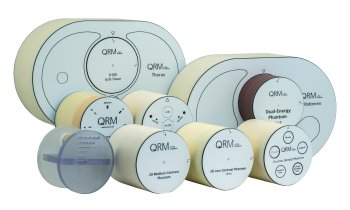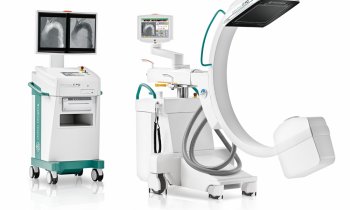MitraClip Therapy Demonstrates Benefits
Results of an observational study presented at the European Society of Cardiology (ESC) meeting in Paris demonstrate that the percutaneous catheter-based MitraClip treatment improves symptoms and promotes reverse left ventricular (LV) remodeling in patients with mitral regurgitation (MR), who do not respond to cardiac resynchronization therapy (CRT).

The trial, called PERMIT-CARE, is an investigator-led study evaluating the safety and efficacy of MitraClip treatment in 51 patients with clinically significant functional mitral regurgitation (FMR) at seven European centers. All patients had unchanged symptoms and unchanged left ventricular volumes after at least six months of CRT. Nearly all patients enrolled in the study were considered ineligible for mitral valve surgery due to a high estimated mortality risk.
Results of the study demonstrate that FMR reduction with MitraClip treatment is feasible, safe, and leads to substantial improvement in NYHA functional class and reverse LV remodeling in approximately 70 percent of patients.
“Results of this study suggest that MitraClip treatment could offer, for the first time, a solution for heart failure patients who have severe MR and are unresponsive to CRT,” said Angelo Auricchio, M.D., Ph.D., the study’s lead investigator, of the division of Cardiology at the Fondazione Cardiocentro Ticino in Lugano, Switzerland. “Surgery is not a good option for these patients because of their advanced left ventricular dysfunction and low ejection fraction. We have shown that they were significantly improved following treatment with the MitraClip device. I look forward to additional prospective studies to confirm our findings and to evaluate appropriate timing of MitraClip treatment in heart failure patients.”
CRT is a treatment for congestive heart failure, a common problem with significant prevalence and mortality, both of which increase with advancing age. Severe FMR is common in heart failure patients, including approximately one-third of those indicated for CRT therapy. CRT often reduces MR; however, MR has been reported to persist in about 20-25 percent of CRT treated patients, and in an additional 10-15 percent MR may actually worsen after CRT treatment.
Results of the study will be published in an upcoming issue of the Journal of the American College of Cardiology.
The MitraClip system is designed to reduce significant MR by clipping together the leaflets of the mitral valve, one of the four valves of the heart. The catheter-based MitraClip device is delivered to the heart through the femoral vein, a blood vessel in the leg. The heart beats normally during the procedure, and therefore does not require a heart-lung bypass machine. After treatment, patients are usually home within two to three days and have been observed to recover quickly. The safety and efficacy of the MitraClip system were evaluated in the EVEREST II randomized clinical trial.
The MitraClip system (Abbott) received CE Mark in March 2008 and is commercially available in Europe, Turkey, Israel and Australia. The MitraClip system is an investigational device currently under review for approval by the U.S. Food and Drug Administration.
Authors:
Professor Auricchio, Angelo (Lugano, Switzerland) on the behalf of Doctor Fratini, Simona (Coppito, Italy)
ESC Press Office
31.08.2011










